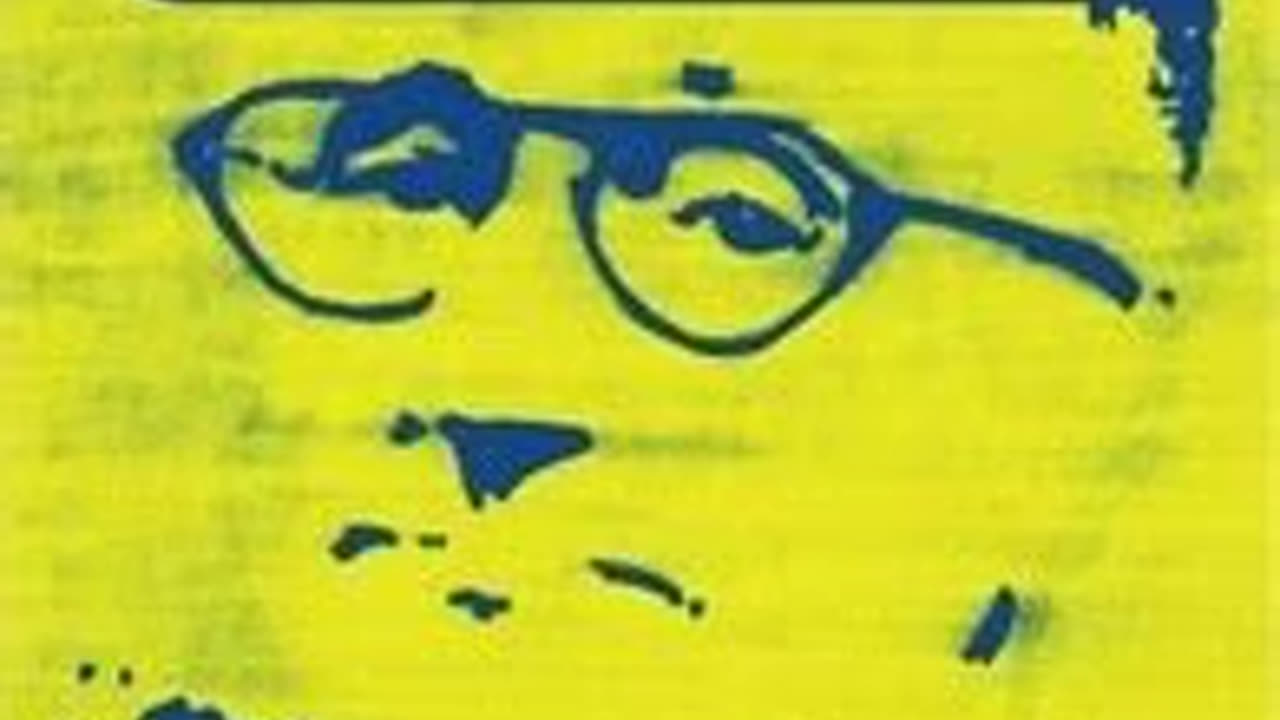Premium Only Content

The Social and Political Philosophy of Bertolt Brecht by Antony Squiers | Summary and Critique
Buy Here: https://amzn.to/3PreDLZ
"""The Social and Political Philosophy of Bertolt Brecht"" by Antony Squiers examines the ideas and theories of renowned playwright and director Bertolt Brecht. Squiers delves into Brecht's unique approach to theater and his profound impact on social and political thought.
Brecht believed that theater should not only entertain but also educate and provoke critical thinking. He sought to create a form of theater that would challenge the audience's preconceived notions and inspire them to question the social and political structures of the time. Brecht's ""epic theater"" employed techniques such as alienation, breaking the fourth wall, and presenting events in a non-linear and fragmented manner to distance the audience from emotional identification and encourage intellectual engagement.
One of the central themes in Brecht's work is the examination of power dynamics and the critique of capitalism. He saw the theater as a platform to expose the oppressive nature of capitalism and advocate for a more equitable and just society. Brecht believed that art should be a tool for social change and that the audience should be motivated to actively participate in the struggle against injustice.
Squiers explores Brecht's concept of ""Verfremdungseffekt"" or the ""estrangement effect,"" which aimed to disrupt the audience's passive consumption of the theater and prompt critical reflection. By breaking the illusion of reality and exposing the constructed nature of the performance, Brecht sought to make the audience aware of the social and political forces at play.
Critics of Brecht's approach argue that his theater can be didactic and heavy-handed, detracting from the emotional depth and artistic experience. They suggest that his emphasis on intellectual engagement may overshadow the emotional impact that theater can have on audiences. Additionally, some question the effectiveness of Brecht's political theories and argue that his vision of social change lacks practical solutions.
However, supporters of Brecht appreciate his ability to merge artistic expression with political commentary. They praise his commitment to challenging the status quo and inspiring social consciousness. Brecht's influence on theater and his enduring legacy as a key figure in social and political thought continue to resonate in contemporary artistic and intellectual circles.
""The Social and Political Philosophy of Bertolt Brecht"" provides a comprehensive exploration of Brecht's theories and their implications for theater, politics, and society. It offers readers a deeper understanding of Brecht's innovative approach to art and his unwavering commitment to using theater as a catalyst for social transformation."
-
 1:07:56
1:07:56
Michael Franzese
2 hours agoBillionaire Insider Exposes Epstein’s Real Blackmail Operation
10.6K12 -
 46:12
46:12
Candace Show Podcast
3 hours agoBrigitte Presents “Proof” Her Brother Is Alive. | Candace Ep 221
42.7K115 -
 LIVE
LIVE
Quite Frankly
6 hours ago"American Eagle Rage Bait, Pay The WNBA?, Calls & More" 7/29/25
332 watching -
 9:11
9:11
China Uncensored
8 hours agoChina Riots! Communism FAILED Yet Again.
1.56K4 -
 LIVE
LIVE
Robert Gouveia
2 hours ago'Missing Minute' is GONE! New IMMUNITY Demands! Obama's PLOT! Schiff in TROUBLE!
769 watching -
 11:35
11:35
Tactical Advisor
2 days agoAnother Sig Trigger Fail | P320 P365 and X Macro
3.82K2 -
 7:34
7:34
Michael Button
9 hours ago $0.19 earnedWhy I Left Academia to Explore Lost Civilizations
3.71K2 -
 1:01:58
1:01:58
Sarah Westall
2 hours agoNEW STUDY RESULTS: Humans have MAC ID Chips – How Did They Get There? w/ Hazen and Mansfield
10.7K4 -
 2:03:53
2:03:53
Pop Culture Crisis
4 hours agoBillie Eilish & Sydney Sweeney Blamed For 'Whiteness', Millennials WORRIED About Gen Z | Ep. 887
30.7K12 -
 2:19:34
2:19:34
ZiggySalvation
3 hours agoCoD HC Time
11.3K